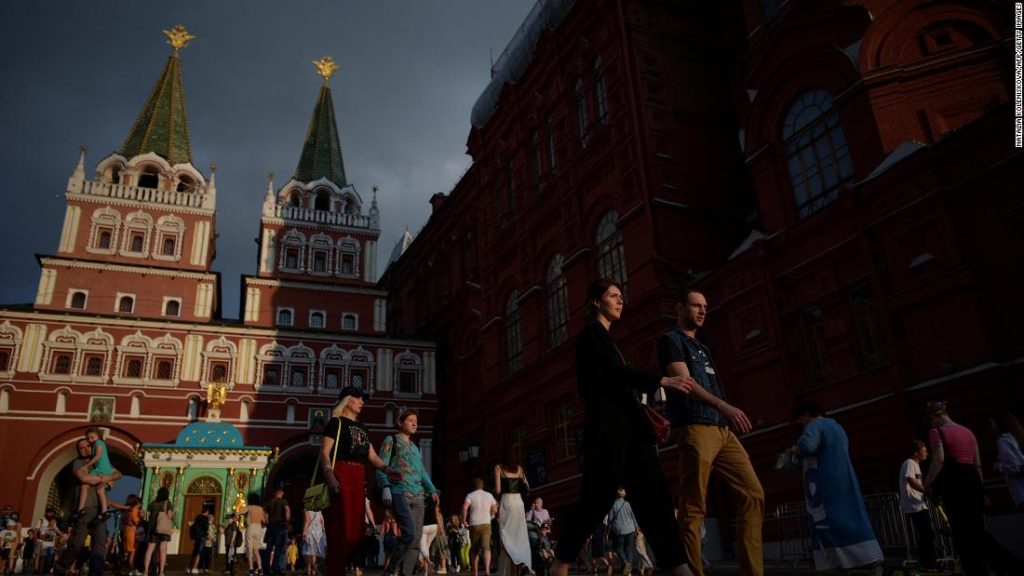Analysis: ‘Slower burn.’ Russia dodges economic collapse but the decline has started

“I’m driving through Moscow and the same traffic jams are there as before,” says Andrey Nechaev, who was Russia’s economy minister in the early 1990s. The readiness of China and India to snap up cheap Russian oil has helped, but Nechaev and other analysts say Russia’s economy has started to decline and is likely facing a prolonged period of stagnation as a consequence of Western sanctions. On the surface, not much has changed, bar a few empty storefronts that once housed Falakshali says China cannot buy much more Russian oil than it already is, because of a domestic slowdown in demand, and because it simply doesn’t need much more of the specific type of oil Russia exports. Price will play a critical role, too, in whether Russia can afford to keep discounting to secure new markets. “A discount of 30% from $120 a barrel is one thing,” Nechaev points out. “A discount from $70 is another matter.”‘Slower burn’ While global inflation is helping Russia’s energy sector, it’s hurting its people. Much like the rest of Europe, Russians are already suffering a cost of living crisis, made much worse by the war in Ukraine.Nechaev, who helped steer Russia through a much more dramatic economic collapse in the 1990s, is worried. “In terms of the standard of living, if you measure it by real incomes, we have gone backwards by about 10 years,” he says.The Russian government is spending to try to combat this. In May, it announced it would raise pensions and the minimum wage by 10%. It’s set up a system where employees of companies that have “suspended their activities” can temporarily transfer to another employer without breaking their employment contract. And it’s spending 17 billion rubles ($280 million) buying the bonds of Russian airlines, crippled by airspace bans and sanctions preventing maintenance and the supply of parts by foreign manufacturers. It’s technology sanctions, like those affecting the airline industry that may have the most profound impact on Russia’s long-term economic prospects. In June, US commerce secretary Gina Raimondo said global semiconductor exports to Russia had collapsed by 90% since the war started. That is crippling production of everything from cars to computers, and will, experts say, put it further behind in the global technology race.”The impact of sanctions will be more a slower burn rather than a quick hit,” says Weafer. “Russia is now looking at potentially a long period of stagnation.”Nechaev is even more definitive. “Right now, the economic decline has started,” he says.







